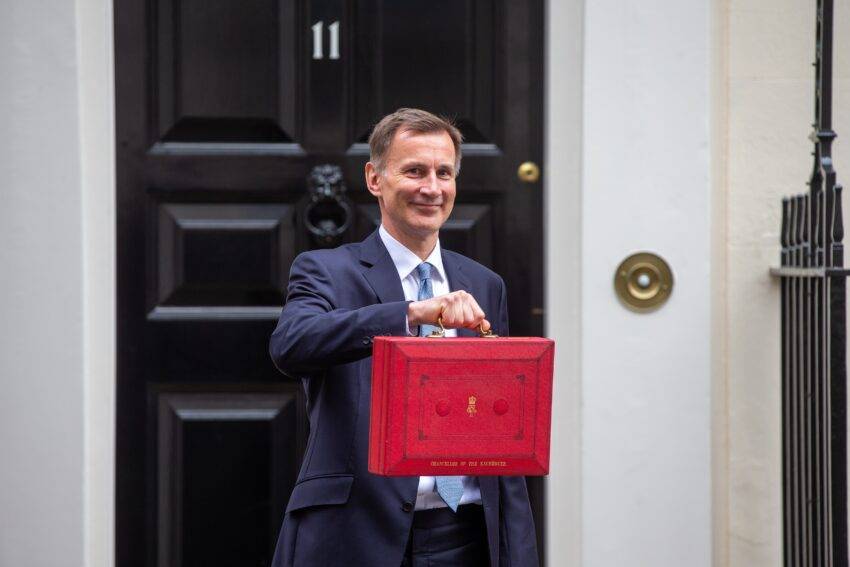
The UK and Scottish governments are facing economic challenges amidst a looming recession. The Institute for Fiscal Studies (IFS) warns that the UK government has limited options for tax cuts or spending increases due to low growth and high-interest payments on debt. Similarly, the Scottish government is considering new tax bands to increase revenue, but there are concerns about the unintended consequences of higher taxes.
Meanwhile, Sinn Féin in Ireland plans to significantly increase taxes on higher earners to fund reductions for lower earners. They propose increasing taxes on income and wealth, including inheritance tax, capital gains tax, and tax reliefs on pensions. These policies raise concerns about the impact on competitiveness and inward investment, as the tax base becomes more reliant on a small number of high earners, some of whom are employed by multinational companies.
The debate surrounding tax policies in both the UK and Ireland highlights the importance of maintaining a broad tax base and the risks of relying on volatile taxes. It also underscores the challenges faced by governments in stimulating the economy amidst a recession and the need to balance revenue generation with economic growth.
In the UK, the Autumn Statement has brought attention to two minor issues. The first is the reduction of the lifetime allowance for pensions, which is seen as a way to generate revenue for the government. However, it has received criticism for discouraging long-term saving. The second issue is the increase in insurance premium tax, which is expected to affect consumers as insurance companies pass on the cost to policyholders. While these issues may seem insignificant in the context of the larger economic challenges facing the UK, they contribute to the ongoing discussion about tax policies and their impact on the economy.
Chancellor of the Exchequer Jeremy Hunt is considering the introduction of a "British ISA" in this week's Budget to encourage investment in domestic firms. Two versions of the scheme have been proposed: an additional £5,000 allowance for investing in British companies on top of the existing ISA scheme, and a complete replacement of the existing ISA scheme with one where only UK equities could be held tax-free. The first version is mostly harmless, but the second version would be a disaster, discouraging saving, leaving savers with worse returns, and magnifying the problem of under-investment in the UK. The author argues that if Britain wants companies to invest more, it needs to remove planning restrictions, fix the energy policy mess, and stop loading hidden regulatory costs on businesses.
The proposed British Isa, put forth by Chancellor Jeremy Hunt, aims to encourage investment in UK-focused assets by offering an additional £5,000 allowance on top of the existing £20,000 annual Isa allowance. The British Isa is expected to be a separate account, providing investors with an extra allowance. The Treasury has initiated a consultation process, with a deadline of June 6, indicating that the earliest the British Isa could be implemented is in the 2025/26 tax year. Details regarding what constitutes a 'UK-focused asset' are yet to be determined. It’s unclear whether exchange-traded funds (ETFs) will be included in the British Isa. Potential investors include individuals who already maximize their £20,000 Isa allowance and wealthier Isa holders who contribute the maximum amount to stocks and shares Isas. While the British Isa may not enhance portfolio diversification, it presents an opportunity for investors interested in the UK stock market. UK stocks have historically underperformed global markets, but current valuations indicate potential value opportunities. UK companies have cheaper valuations compared to overseas counterparts, making them attractive investments. Potential investments within the British Isa could include ETFs like the Vanguard FTSE 250 ETF and investment trusts such as City of London and Fidelity Special Values. [9b034a56]